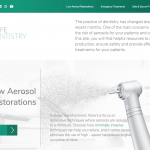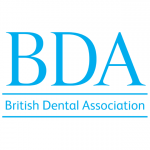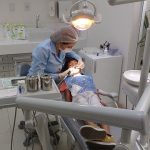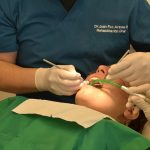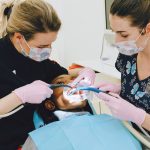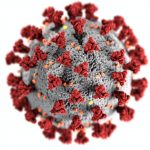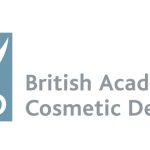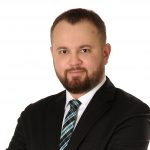GC Europe Launches Safe4Dentistry.com, a Resource Centre for Dental Professionals on Mitigating Risks of Aerosols During Treatment.
Recognising how dramatically the Covid-19 pandemic has impacted the practice of dentistry, GC has developed a microsite dedicated to providing the latest updates on evolving guidelines for dental professionals. Safe4Dentistry.com is a continually updated resource centre that provides safe and effective minimally invasive dental treatment options and data, including information on how to reduce aerosol production to protect staff and patients during appointments.
The Safe4Dentistry.com site is populated with podcasts, clinical case examples, continuing education (CE) courses, and access to live webinars, recent articles and other resources. Topics include placing minimally invasive low-aerosol fillings, how to approach emergency treatments, ways to keep the dental practice safe and secure, and much more.
Minimally invasive restoration techniques often eliminate the need for high-speed drilling, which creates aerosols that can impact both patients and practitioners. Using glass ionomer and glass hybrid restorative technology systems provides interim and long-term restorative solutions. Featured cases demonstrate how blending glass hybrids and traditional materials and methods can reduce aerosols, such as utilising materials like EQUIA Forte HT glass hybrid restoratives that require no high-speed drilling or extensive tooth preparation.
Implementing the correct protocols is paramount to patient and staff safety but keeping track of the rapidly changing recommendations and guidelines can be daunting. The Safe and Secure Practice section of the microsite contains the latest updates on evolving guidelines by organisations such as WHO, FDI, and many other European associations, step-by-step procedures, and relevant articles and resources for the dental practitioner.
The Additional Resources section contains systematic reviews, additional tutorials, webinars and podcasts. Presenters include Prof. Dr. Ivana Miletić, Prof. Dr. Sevil Gürgan,
Prof. Dr. Sebnem Türkün, Dr. José Ignacio Zalba Elizari, Dr. John Nicholson and many others. Dental professionals can also request online training and in office visits with their local representatives.
GC Europe is committed to the safety and wellbeing of both oral health providers and patients and the quality of its products. To gain user opinions and suggestions, Safe4Dentistry.com also includes tools to collect the opinions of our customers on certain topics.
For more information, please visit http://Safe4Dentistry.com/.




